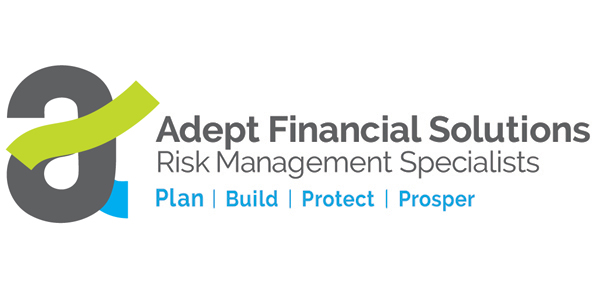Estate Planning & Estate Equalization
Estate planning is an important part of your overall financial plan to protect your business, family and yourself. This includes ensuring you have considered and implemented the following aspects:
- Your Will (personal & business)
- Powers of Attorney
- Guardianship Considerations
The two main aims of estate planning are to ensure that your assets (held both inside and outside superannuation) are distributed appropriately upon your death and that your finances are looked after if you are no longer able to make these decisions.
The first step is to think about what you own and who you would like to receive these assets when you pass away.

You can then specify these wishes in the appropriate legal documents or set up appropriate structures.
You should always seek legal advice to set up your instructions and your estate plan.
Wills
Only deal with assets that end up in your estate, so it does not cover:
- Assets held in a private company or discretionary family trust
- Insurance policies/bonds if you have nominated someone as the direct beneficiary
- Superannuation, unless the trustee pays your money to your estate
If drafted properly, a Will can help to avoid family disputes and ensuing legal costs. It is important to have a Will even if you think your circumstances are very simple.
When deciding what to include in your will some things to consider are:
- Identify all your assets and which ones will form part of your estate
- Decide if you want to leave any specific assets to certain individuals
- Decide who you wish to benefit from your estate – the Family Provision Legislation may require you to provide for certain family members so you should ensure they are all considered
- Choose someone to be your Executor – this can be more than one person and they should be willing and able to accept the role
If you do not have a Will or your Will is invalid, you will be deemed to die intestate. This means the legislation in your state/territory will determine how your assets are distributed. This may not be consistent with your wishes.
Estate Equalization
Allows business owners and individuals to fairly & equitably divide their estate amongst multiple heirs (or other beneficiaries). For instance, the business owner may pass on their entire business to the beneficiary who wants to continue running the company. At the same time, the rest of the owner’s estate, could be passed on to the other child or beneficiaries (often funded via insurances). This way, the business survives onto the next generation, and no beneficiaries feel unfairly treated with the asset distribution.
Effective estate equalization ultimately provides fairness to your beneficiaries without the need to break up your business or sell your shares for cash to avoid a family dispute.

